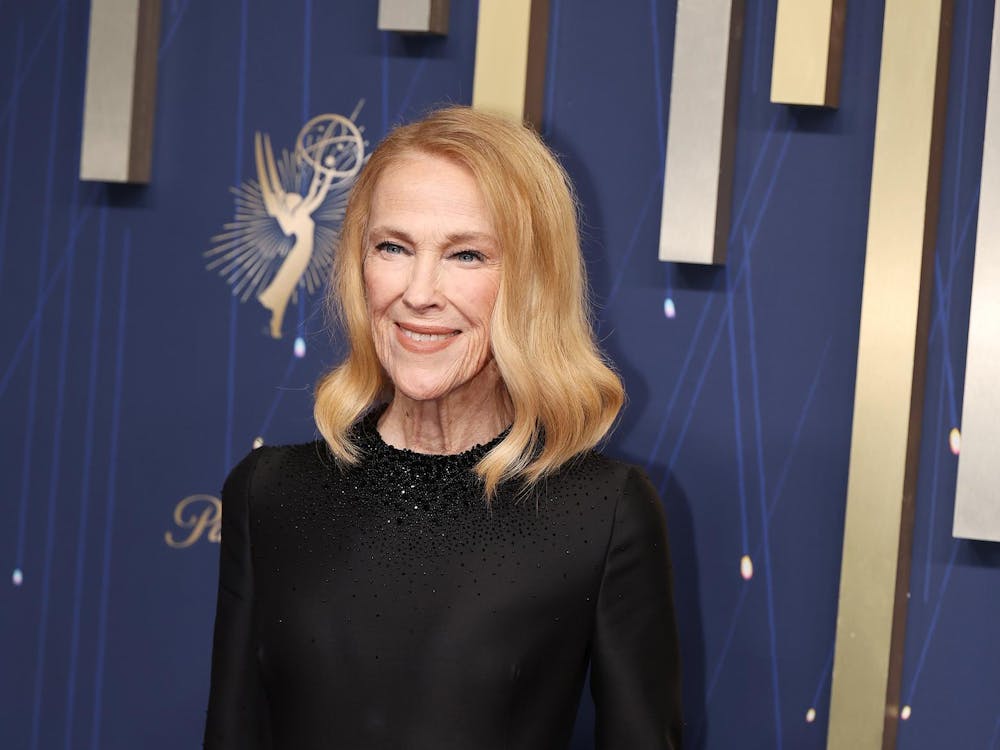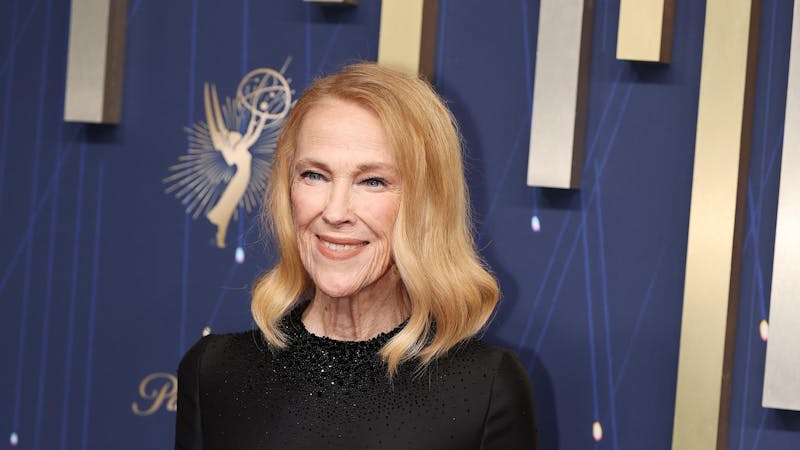by Emily Worrell
Disclaimer: This review contains spoilers for the show The Umbrella Academy.
As someone who believes today’s media and pop culture is far oversaturated with superheroes and superhero films/shows that frankly start to blend together after a short while, I was not expecting much out of Netflix’s new show, The Umbrella Academy. I was expecting a bunch of superheroes with virtually the same character traits running around, making quips and killing bad guys. However, The Umbrella Academy far exceeded my expectations by crafting a unique story with characters who made the superhero genre feel fresh again.
The Umbrella Academy follows a family of superheroes as they come together after their father’s death. When their brother who has been missing for years suddenly shows up and reveals that it is up to them to stop the impending apocalypse, the family must put aside their grievances with one another and work together to save the world.
Lifelike characters with human problems
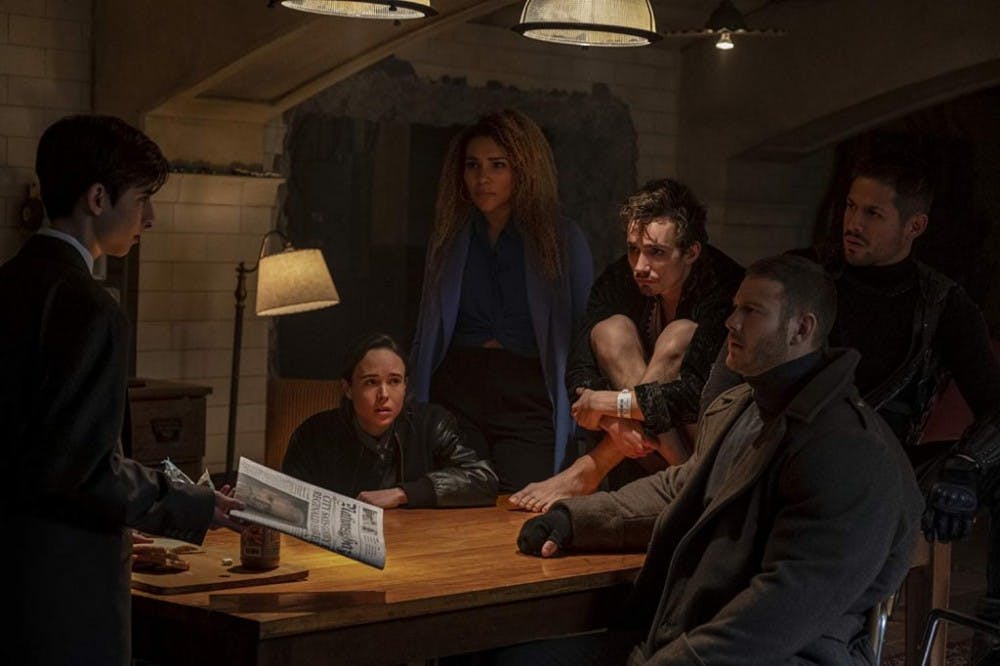
Image from IMDb
What sets The Umbrella Academy apart from other superhero shows more than anything are the characters. None of them had the annoying, brooding-yet-quippy stock personality that Marvel and DC have branded just about every character they’ve ever made with; they were each their own individuals and had problems and personality defects that made perfect sense based on their backgrounds. For example, Diego seemed unnecessarily hostile at first, particularly towards Luther, but how could he not be when his entire childhood was spent being told he was second best after Luther? Of course he’d have an unquenchable thirst to prove himself. Meanwhile, Luther, who grew up being only referred to as “number one,” feels responsible for everything that happens to him and the people around him. All of the characters and their problems make perfect sense and demonstrate a strong understanding from the writers of how childhood trauma affects people differently, which is beyond commendable. The audience never has to sit through any drawn-out, melodramatic “let me tell you why I am the way I am” scenes; the answer for every single character is clear within the first two episodes.
Additionally, the ensemble of actors in this show are certainly a force to reckoned with and do a fantastic job bringing these characters to life in a very real, vulnerable way. The biggest standout was Aidan Gallagher as Number Five, who has time traveled so much that he is now a 58-year-old consciousness in a 15-year-old body. In other words, this teen actor is tasked with believably playing a cynical 58 year old with a massive superiority complex, and he does it incredibly well. Robert Sheehan is also strong as Klaus Hargreeves/Number Four, a drug addict who uses his constant humor as a coping mechanism. However, the strongest part of this cast is not the individuals, but how they blend together to create deeply believable family relationships and craft the intricate and nuanced world of the Hargreeves family. The ensemble of heroes is rounded out with Tom Hopper, David Castañeda, Emmy Raver-Lampman, and Ellen Page, who each deliver their own fantastic performances.
Clear identity as a show
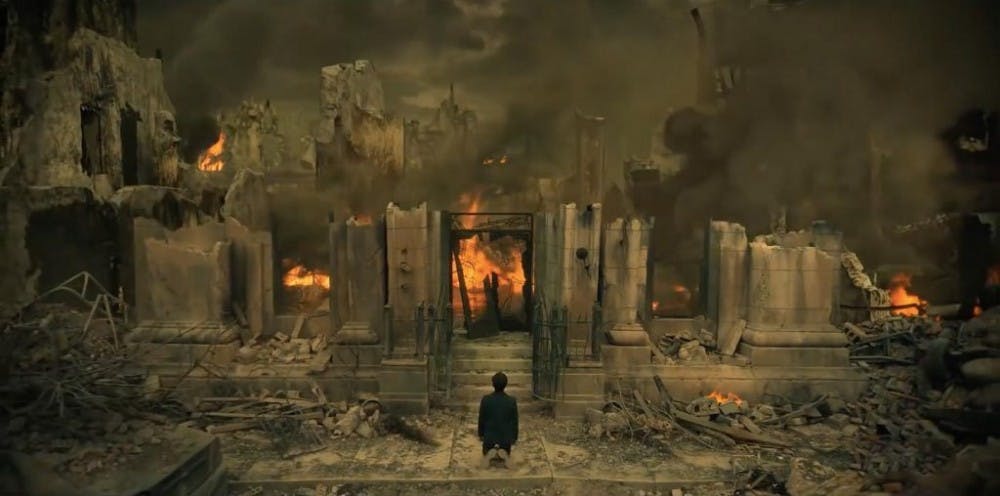
Image from IMDb
From the very start of the first episode, The Umbrella Academy establishes a very unique and specific tone. It’s clear that everyone involved in the production of this show completely understood the show’s identity and intent, which makes all the difference. What other show would have an intense fight scene set to the song “Istanbul” by They Might Be Giants, or have a talking, suit-wearing chimpanzee named Pogo be the family’s closest friend and assistant? It’s a blend of quirky fun and emotional honesty that stands out from anything that has come out of the superhero genre before, and the fact that it focuses more on family and relationships than superheroes running around being super is extremely compelling.
The show’s plot adds to its compelling nature; the idea of having eight days to stop an oncoming apocalypse while also running for your life from time-traveling assassins keeps viewers on the edge of their seats. The time crunch also makes the show’s stakes super high; there’s always a clear objective for the characters and the actions they take make sense. This remains true right up until the point where it matters most: the season finale.
Huge build-up to a giant disappointment
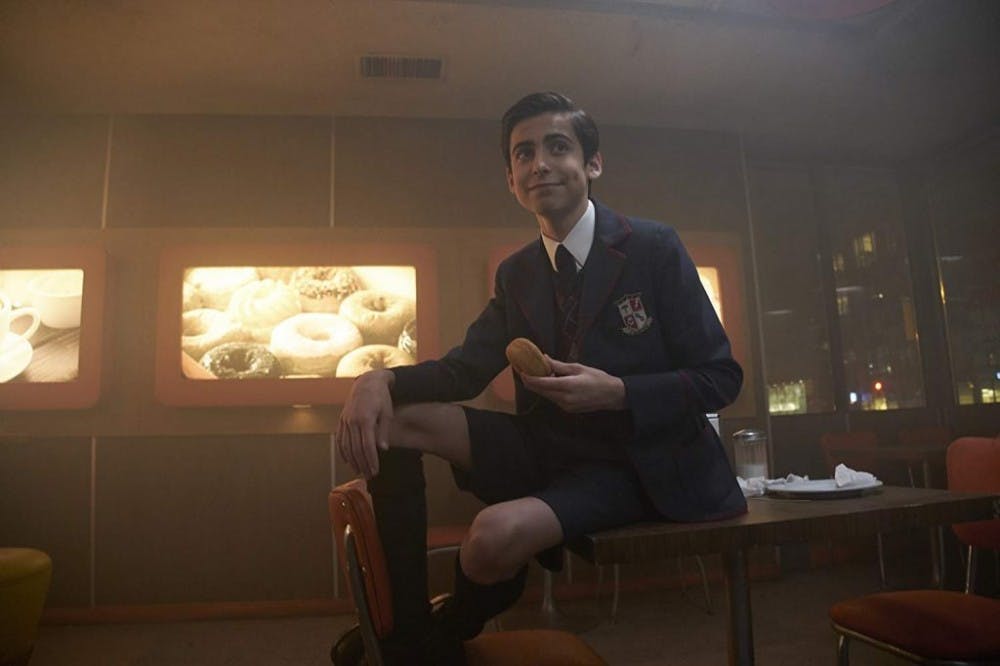
Image from IMDb
The final episode of this season went completely off the rails, and not in a good way. It literally felt like a different show from what I had invested nine hours into, and I was extremely frustrated with the way the tone and identity that the show had meticulously crafted seemed to be thrown out the window on this final episode. The whole Luther and Allison storyline in this episode was ridiculously overplayed (it seemed like realistically they maybe should have been a little more focused on the fact that the world was going to end in about an hour rather than arguing over something astronomically stupid, but to each their own, I guess). Also, Vanya’s change in physical appearance just came off as ridiculous rather than making her feel more intimidating. All of the emotional honesty disappeared in this episode, which I can only hope will not continue into the second season. Frankly, I left the show with a bad taste in my mouth, especially at the implications Number Five made that the character with the worst mental health (who was completely demonized in this episode) could simply be “fixed” by all of them.

Images: IMDb
Featured Image: IMDb
For more entertainment related content, visit us at Byte BSU!


